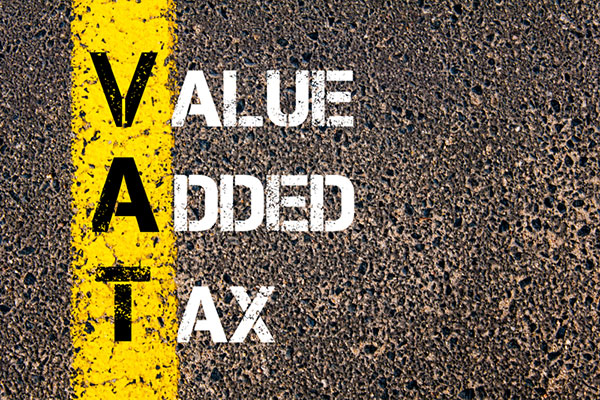VAT splitting

The current VAT threshold is £85,000 and any business turning over that amount or more must register for VAT and charge VAT on the goods and services it supplies.
But what if you split a business into two so you avoided the threshold? Or you intentionally ran two trading operations both of whom stayed under the VAT threshold individually but collectively they went over?
Under normal circumstances, HMRC would not allow this because of the “financial, economic, and organisational links” between the companies, then they’d “join” the businesses together for as long as they had been trading, work out the back-dated VAT, and send a hefty bill to the business owners.
That happened to Mr and Mrs Belcher who faced a backdated VAT bill of £136,961.26 for the tax years 2004/2005 to 2013/2014.
And, as cases went, this looked pretty “slam-dunk”.
HMRC’s contention
Mr Belcher runs a barber business. Mrs Belcher runs a hairdressing business. Both businesses are run from home and shared the same utilities bills, PRS music licence, and even phone number.
Both businesses were put onto one self assessment return under one name – “Crewe Cuts” – and the partnership annual accounts were also under the sole name.
The money generated from both businesses were pooled together at the end of a shift, paid into the same bank account, and the profits were split 50/50 on the self assessment form.
Both businesses purchased from the same suppliers under the same account.
Despite all this evidence, HMRC lost.
Some interesting points from the judge
You can read the judgement for yourself here.
The fact that the couple were married was important…
"We also accept the evidence of Mr and Mrs Belcher that they did not divide the profits of a single business between themselves on a 50/50 basis, but pooled, as a family matter between husband and wife, the net profits of two businesses into one or more joint banks accounts."
…as was how they were registered for non-domestic rates…
"Mrs Belcher told (HMRC) Officer Atkinson on 15 June 2015 (and we accept) that the barber’s shop and the ladies’ salon were separately rated for business rates purposes, although we also note that Officer Atkinson understood they Mr and Mrs Belcher shared business rates as well as utilities."
There had never been an intention to run the two businesses as one entity…
“Turning to the facts which in our judgment are relevant in carrying out an objective assessment of whether Mr and Mrs Belcher each pursued an economic activity independently, we recall first that they never expressly agreed between themselves to operate the barber’s shop and the ladies’ salon in partnership. They had no conscious intention to run a single business in partnership.”
And the couple had been consistent in their story…
“We are very impressed by the fact that Mrs Belcher made the point that there were two separate businesses on 10 June 2015, immediately after Officer Atkinson first suggested that she and Mr Belcher were operating a business trading as “Crewe Cuts” in partnership. That was Mr and Mrs Belcher’s case from the beginning and it has not changed.”
This appears to be one time where ignorance was an excuse for not following the law…
"Nevertheless, having seen Mr and Mrs Belcher, and heard their evidence, we accept on the balance of probabilities that they did not know or understand the import of their submission of self-assessment income tax returns on the basis that they were carrying on a single business in partnership."
In conclusion…
"Mr and Mrs Belcher have each of them operated a separate business (the barber’s shop and the ladies’ salon) and that each of them is a ‘taxable person’ within the meaning of the Sixth VAT Directive and the Principal VAT Directive, and for the purposes of the Value Added Tax Act 1994. We add that, in the context of a husband and wife living together, we regard the two separate businesses as having been sufficiently at arm’s length from each other and as having had sufficiently normal commercial relationships with each other to avoid aggregation for the purposes of registration for VAT"
HMRC have time to appeal
We’re certain that, Panthera included, we would never have advised Mr and Mrs Belcher to organise their affairs this way – certainly in relation to the one self assessment for both businesses, shared suppliers accounts, and more.
However, tax law is nothing if not unpredictable and this ruling by the First Tribunal seems to suggest the bar for two closely-related businesses being considered as separate entities is a lot lower than everyone though previously.
Want to talk more about VAT and how it impacts your business? To get the ball rolling, call us on 01235 768 561 or email the team at enquiries@pantheraaccounting.co.uk.

